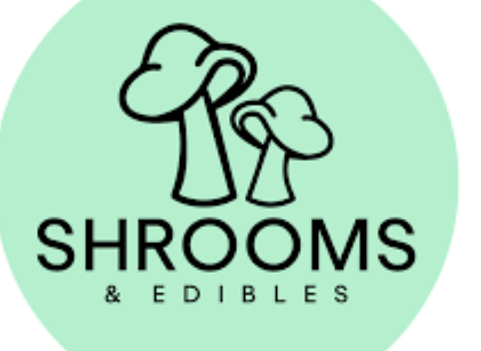Detroit residents voted to decriminalize entheogenic plants, including psychedelic mushrooms, during Tuesday’s election. But that doesn’t mean you can start growing your own shrooms or selling them commercially.
It does, however, mean that the city will not prioritize arrests for the use and possession of entheogenic plants.
“Shall the voters of the City of Detroit adopt an ordinance to the 2019 Detroit City Code that would decriminalize to the fullest extent permitted under Michigan law the personal possession and therapeutic use of Entheogenic Plants by adults and make the personal possession and therapeutic use of Entheogenic Plants by adults the city’s lowest law-enforcement priority,” Proposal E reads.
The difference between decriminalization and legalization
The personal possession and therapeutic use of entheogenic plants by adults is still not legal.
Decriminalization means it becomes the city’s lowest law-enforcement priority and criminal charges will not be pressed against those who are found in possession of the drug. It is no longer an arrestable or jailable offense, Irwin said.
Detroit is not the first
Denver was the first to decriminalize entheogens, making the move in 2019.
In the state, Ann Arbor city council voted to decriminalize psychedelic mushrooms in October 2020, making it the fourth city in the U.S. and first in Michigan to do so. Washtenaw County Prosecutor Eli Savit has previously said he does not plan to “prosecute the use or possession of entheogenic plants in any other part of the county.”
Grand Rapids city commissioners voted in October to “show support” for the decriminalization of psychedelic mushrooms, but have yet to pass any proposals.
Oregon took it a step further and legalized magic mushrooms this time last year.
Irwin pointed out that, in many cases, governments have voted to decriminalize psychedelics, but in Detroit, voters passed the proposal.
“I think it’s particularly interesting and exciting that the citizens so strongly supported it,” Irwin said. “I think that sends a strong signal that people, at least the in city of Detroit, and I think all over the state of Michigan, would be better served by no longer arresting or prosecuting or locking people up for using these entheogenic substances.
Benefits and detriments of decriminalization
The jury is still out on the benefits of entheogenic plants.
A Johns Hopkins research team found last year that psychedelic treatment with psilocybin can relieve major depression. Still, most scientists and experts agree that there needs to be more research before widespread legalization or commercial selling. The good news is, decriminalization does neither of those things.

